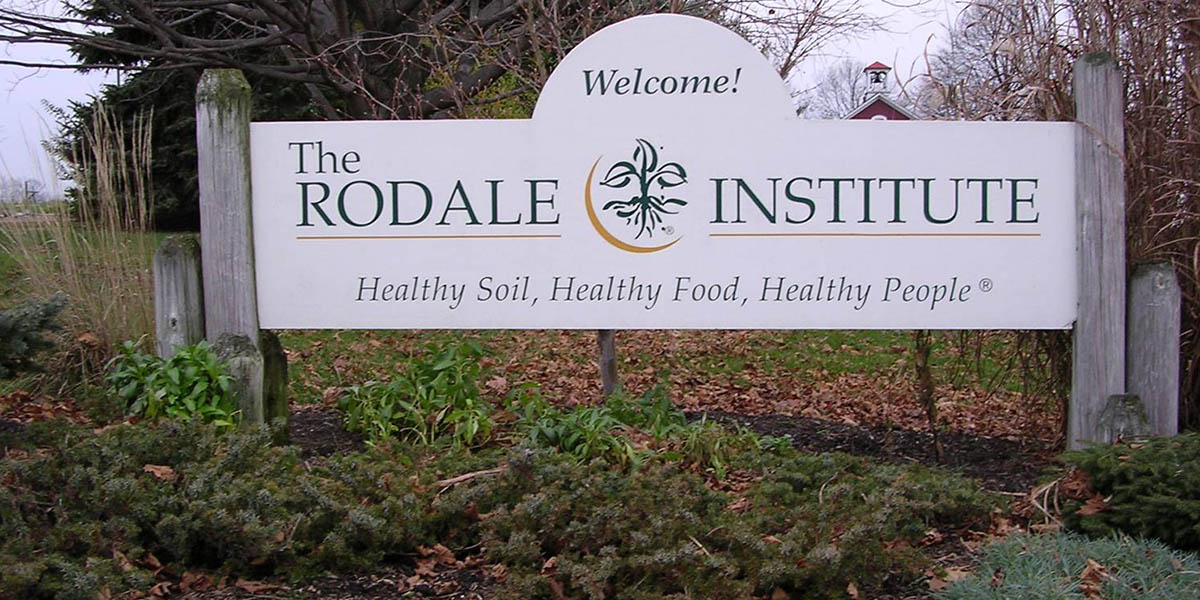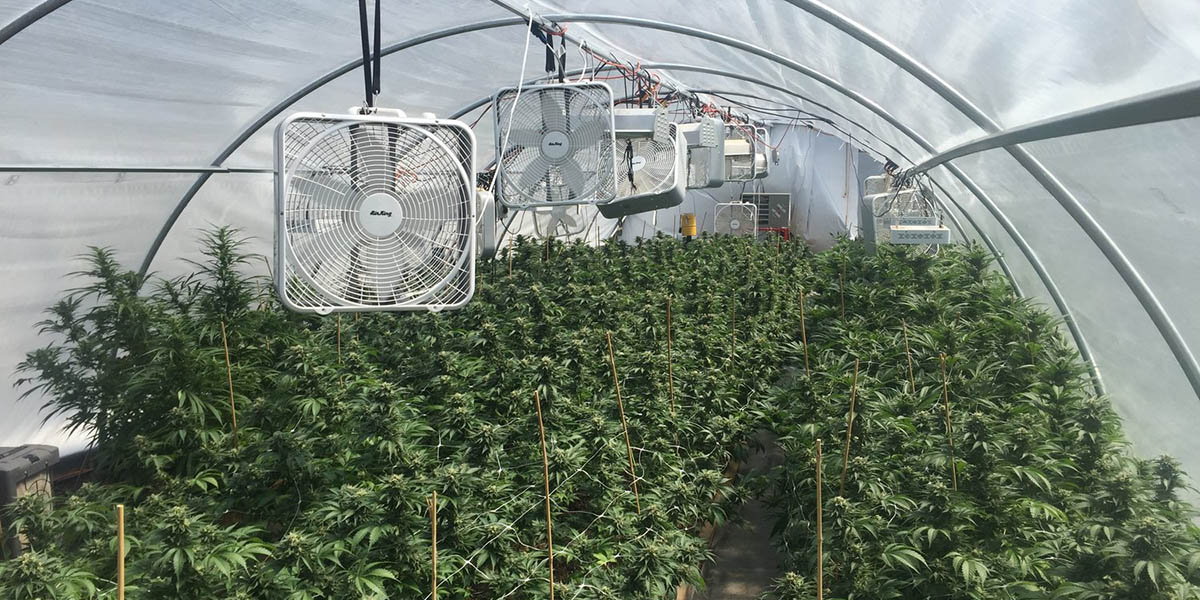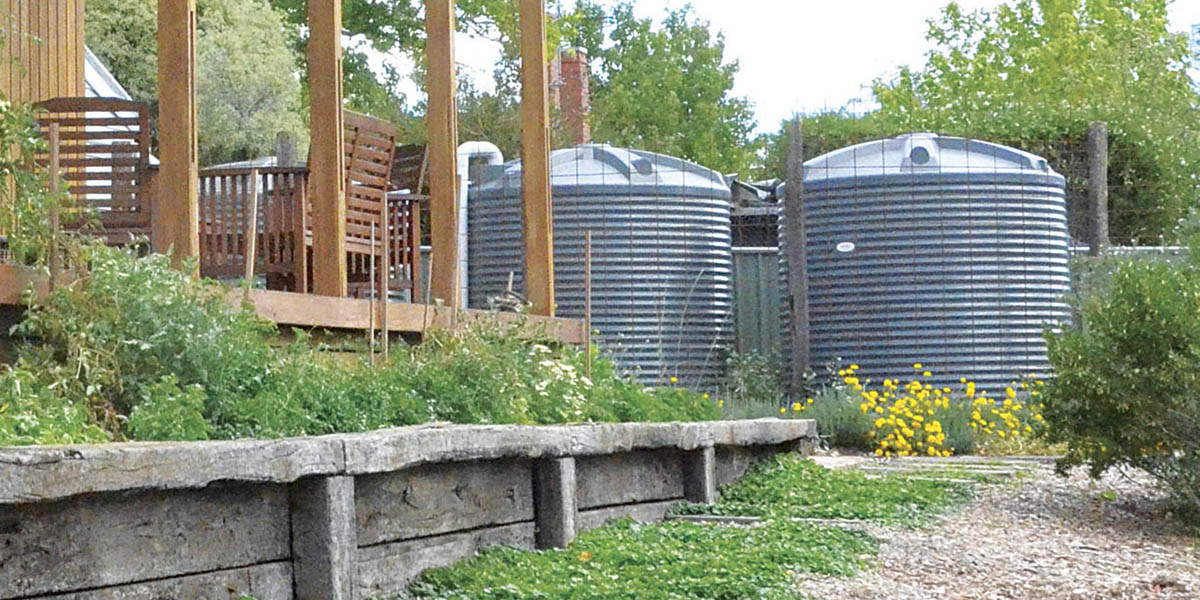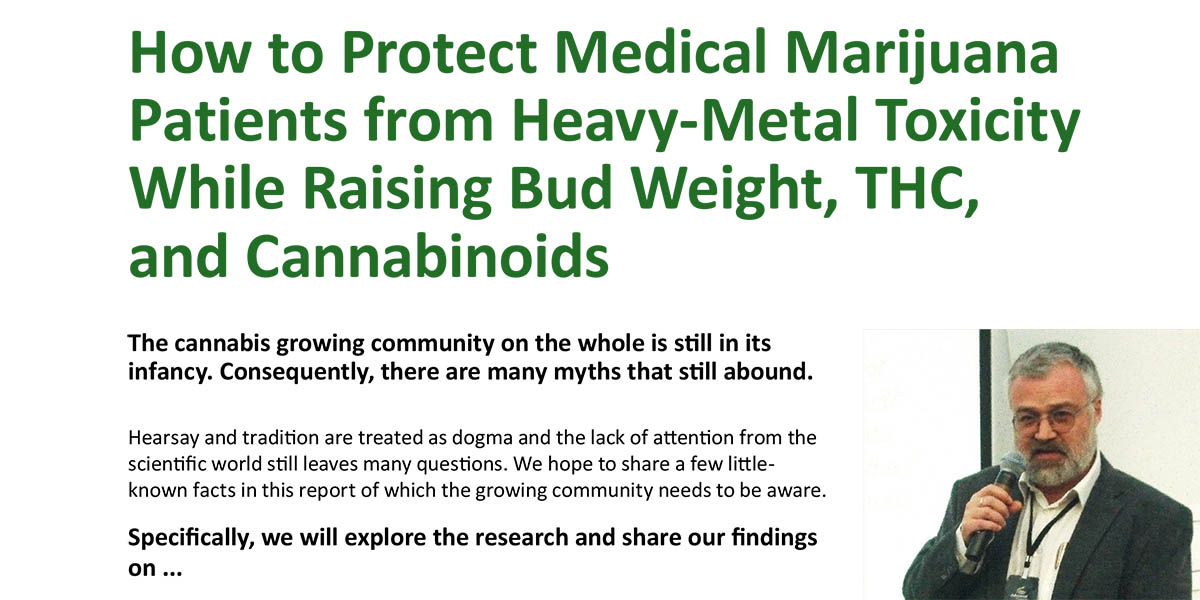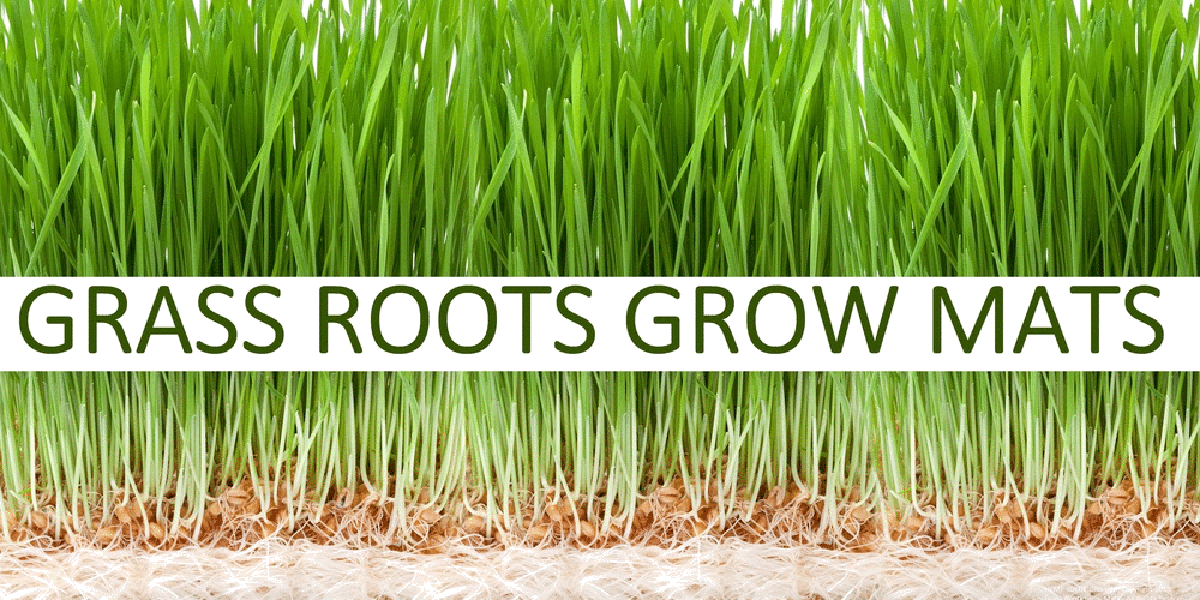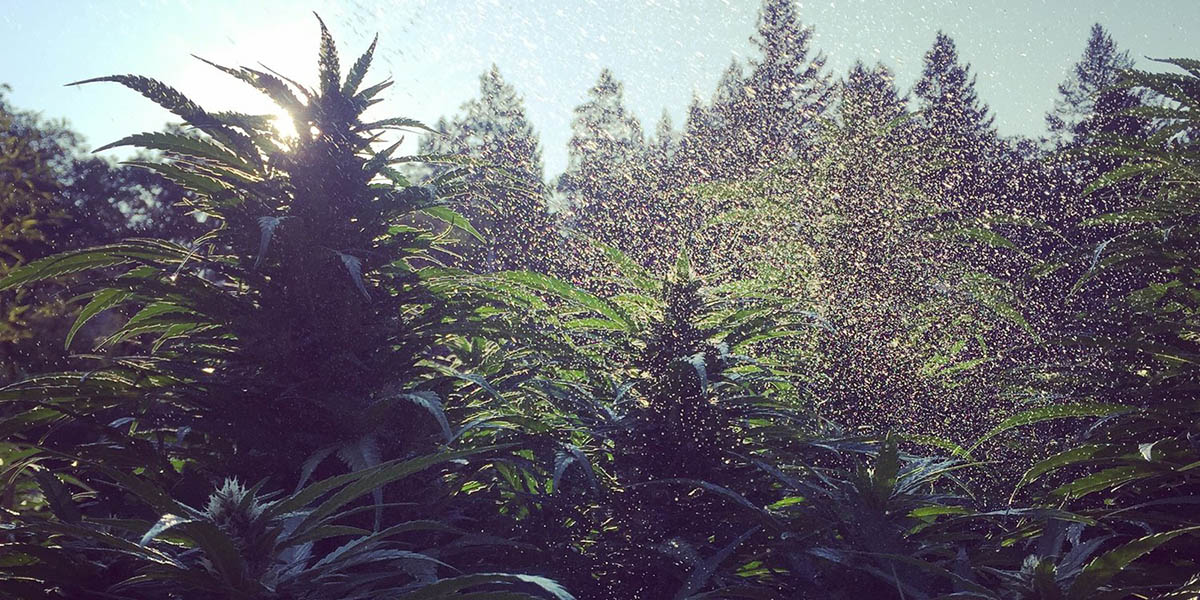Regulating Pest Controls
By Kelsey McKee, OMRI Review Program and Quality Director
Clearly, a commitment to organic practices means that growers will generally use pest control products as a last resort, but organic farmers are permitted to use some potent materials in order to address severe pest issues. Although most pest control products allowed for organic production are naturally derived, these materials can be quite toxic – especially when used in excess. There are written requirements that are part of the organic standards, and these constraints are not always obvious to organic consumers, or to gardeners who do not work with a certifier. The organic standards include an important clause that limits the circumstances under which pest control products may be used.
…Regulating Pest Controls Read More »

